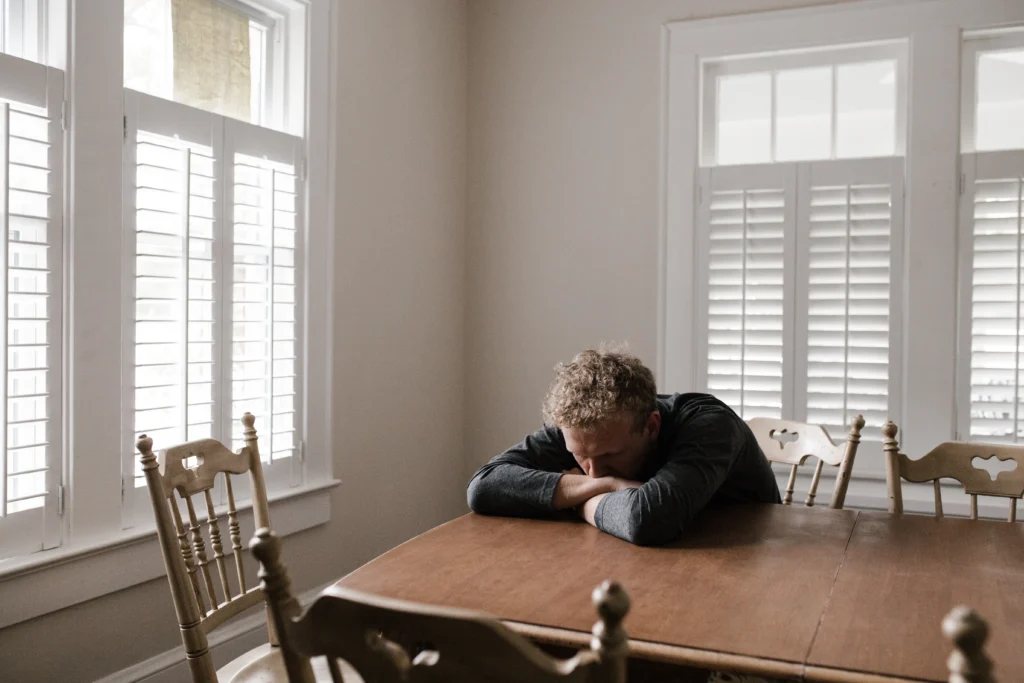
Story at-a-glance
- Doctors often neglect their own well-being, putting themselves at higher risk of stress-related disability.
- Burnout, fatigue, and long hours can lead to health issues that make it harder to qualify for disability insurance later.
- Early coverage is critical—locking in protection before stress-related conditions appear saves money and ensures insurability.
- Look for “own-occupation” policies, which protect you if you can’t work specifically as a physician—even if you can work elsewhere.
- Prevent burnout with small, regular acts of self-care: exercise, time off, healthy eating, and setting boundaries.
There’s an old saying that it’s the cobbler’s kids who have no shoes. Doctors tend to go into the business with great intentions: They want to help others. And that’s a good and laudable goal and absolutely a quality to be admired in a doctor. But sometimes doctors fall prey to an insidious tendency to neglect themselves. They get so caught up in taking care of everyone around them that they fail to take proper care of themselves. High stress levels start to take over.
Meanwhile, a variety of economic factors are exacerbating pressures on doctors and making it more difficult for them to take ‘down-time’ and mini-breaks during the workday and forcing them to work longer hours.
The Result
Many doctors are struggling with burdens of fatigue, stress, distraction and the inevitable results of years of neglect of self.
All of the above, of course, tends to increase their risk of experiencing a disability during their careers – and many of them are career-enders.
Why Disability Insurance Can Help
This is why it’s important to have disability protection in place early in your career. Many health issues that make disability income insurance more expensive or even impossible to get are closely related to high stress: Hypertension/high blood pressure, obesity from poor eating between patients or from lack of exercise, high triglyceride levels and other factors can gradually build up over the course of a career and make it more difficult for you to qualify if you wait.
And, of course, injuries and unexpected illnesses can strike anyone at any age.
We therefore encourage doctors to get protection in place early on – particularly ‘own occupation’ policies structured to provide benefits if your disability prevents you from continuing to work in your own profession.
What can you do?
- Get in a ‘date night’ with your spouse. It doesn’t have to be extravagant. But if you watch your pennies during the week, doctors should be able to afford a sitter for an evening on the weekends.
- Hit the gym. Make it part of your routine. Before work, after work, it doesn’t matter. As long as you take care of your body as much as you take care of your patients.
- Play golf. You’ll meet lots of other doctors and people from all other walks of life. You’ll gain contacts and wisdom. Don’t like golf? Play tennis. Raquetball. It doesn’t matter the sport.
- Eat healthy. Hours are long – especially in residency. It’s easy to neglect quality of food and overeat, or eat poorly. It’s important to overcome this temptation.
- Take vacations or leave. You’ve earned them. You need to recharge your batteries, and your staff and other practitioners needs to learn to function for short periods of time without your direct and immediate supervision.
- Get out of the building for lunch.
- Learn to say “no.” You don’t have to overload your social calendar, for example.
- Read medical journals. But do some pleasure reading, too.
- Catch a matinee.
- Get away to conferences when you can. These can be enjoyable and relaxing as well as educational. Seek opportunities to attend them.
- Take a brief break every couple of hours – even if it just means walking down the hall and back to clear your head. Dr. Ernest Rossi’s book The 20 Minute Break gives the scientific theory behind this, using the concept of ultradian rhythms.
- Or you can call us at 866-899-7318, or use the button below for a free disability insurance quote online. We can get you well on the way to getting protected in minutes, even if you’re still in medical school.
Ready to protect your future?
Get a personalized side-by-side policy comparison of the leading disability insurance companies from an independent insurance broker.



